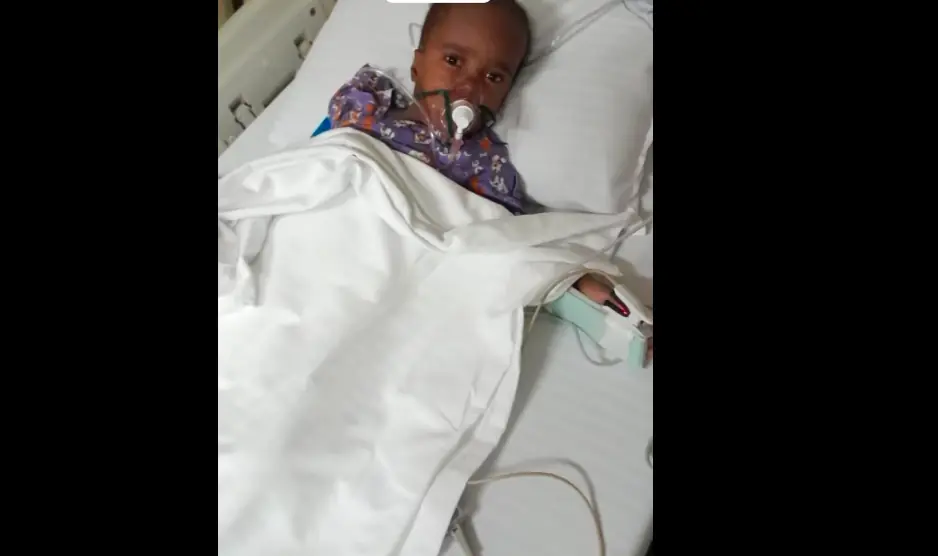Braiding program empowers women in St Kitts and Nevis prison
Department of Gender Affairs has forged a significant collaboration with JaHair Salon aimed at empowering female residents within the confines of His Majesty’s Prison through a comprehensive braiding skills program.
12th of August 2023

Basseterre, St Kitts and Nevis: The Department of Gender Affairs has forged a significant collaboration with JaHair Salon aimed at empowering female residents within the confines of His Majesty’s Prison through a comprehensive braiding skills program.
As per the official statement, this initiative is meticulously designed to provide incarcerated women with valuable vocational training, specifically in the art of hair braiding.
Incarceration can often limit individuals’ access to educational and skill development opportunities, particularly affecting women who are serving time. Recognizing this disparity, the Department of Gender Affairs has taken a proactive step to address these challenges by partnering with JaHair Salon.
The collaboration seeks to equip female inmates with practical skills that not only enhance their self-esteem and sense of accomplishment but also lay the foundation for potential employment prospects upon reintegration into society.
The comprehensive braiding skills program encompasses a diverse range of techniques and styles, catering to various hair types and textures. Participating inmates will be guided through an immersive learning experience, where they will not only acquire the art of braiding but also gain insights into hair care, hygiene, and customer service – essential components of a successful career in the hairdressing industry, as per the department.
By facilitating this partnership, the Department of Gender Affairs aims to foster empowerment, skill development, and self-confidence among incarcerated women. The collaboration with JaHair Salon underscores a commitment to holistic rehabilitation, recognizing the importance of addressing the multifaceted needs of inmates, thereby increasing their chances of successful reintegration into society and reducing the likelihood of recidivism.
This noteworthy initiative stands as a testament to the transformative power of collaboration between public institutions and private enterprises in effecting positive change within correctional facilities.
As the program unfolds, it is expected to not only enhance the lives of the participating women but also contribute to the broader discourse on effective rehabilitation strategies for incarcerated individuals.
Latest
- Tuberculosis cases reported at Edward P. Yorke High School in Belize City
-
Sugar Mas Carnival boosts St Kitts and Nevis economy to $29.5m -
Jamaican Designer Rachel Scott Debuts Fall 2026 Diotima Collection at New York Fashion Week -
Antigua and Barbuda welcomes five cruise ships, boosting tourism -
Man injured in Belize City shooting, one detained
Related Articles

7th of December 2024

5th of December 2024




29th of November 2024

21st of November 2024

25th of November 2024
